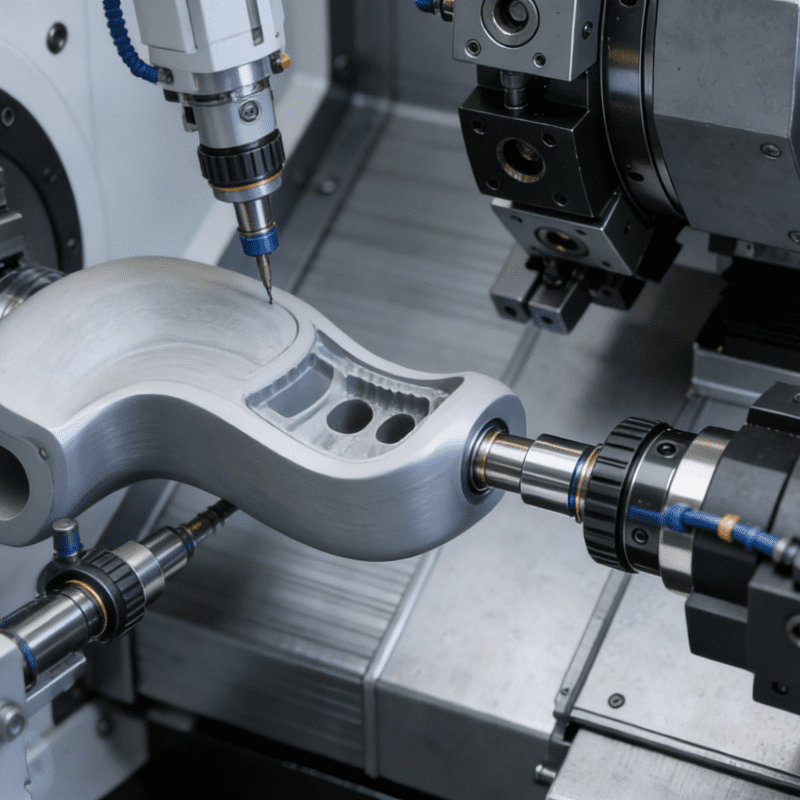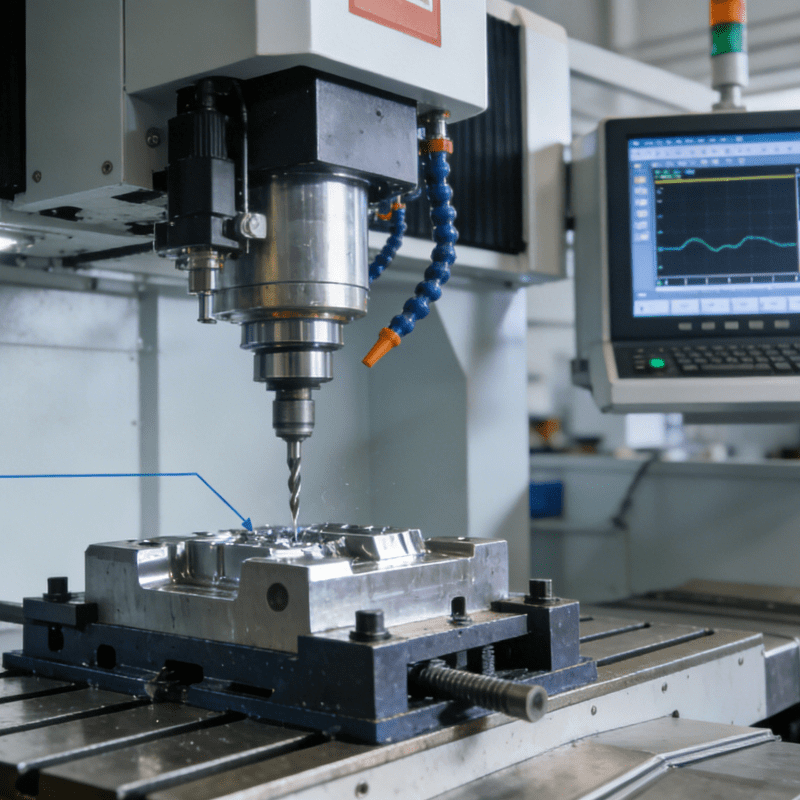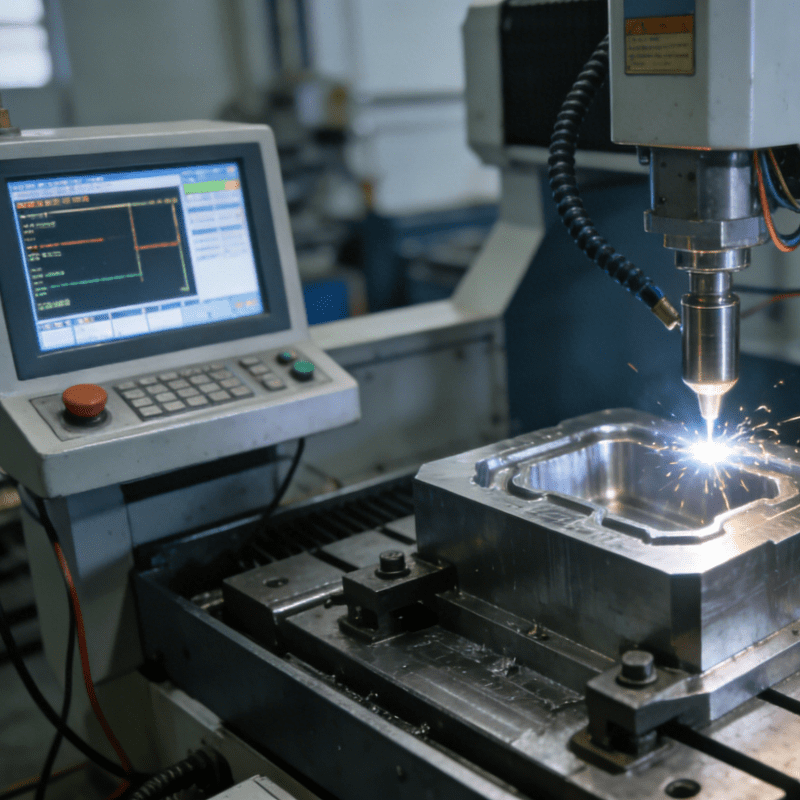How intelligent automation is a tool for progression of workplaces

In an era defined by rapid technological advancements, intelligent automation has emerged as the linchpin for the progression of workplaces across diverse sectors. No longer just a concept of the future, it is revolutionizing how industries operate, learn, and innovate. From educational institutions to manufacturing, healthcare, and the legal system, the integration of intelligent automation, industrial automation, and automation equipment is reshaping the very fabric of these workplaces, driving efficiency, inclusivity, and innovation. As organizations strive to stay competitive and adapt to an ever-changing world, understanding how these automation technologies are acting as powerful tools for progress becomes essential.
Higher Education Institutions (HEIs) are actively reshaping their curricula to stay ahead of the AI – driven era. Recognizing that intelligent automation, powered by Artificial Intelligence (AI), can automate repetitive tasks, HEIs emphasize nurturing innovation and creativity, distinctly human traits that machines cannot replicate. Courses now integrate the art of innovation, encouraging students to think critically and inventively across disciplines. Moreover, HEIs promote translatable research with real – world impact, especially in AI ethics, bias, and accountability. Inclusivity is another core focus. Institutions are teaching how intelligent automation can break barriers for the especially abled through assistive technologies like voice recognition, smart prosthetics, and AI – driven learning aids. This not only fosters empathy but also equips students to develop inclusive solutions. By collaborating with industry partners, HEIs offer hands – on learning, access to cutting – edge automation equipment, and exposure to current trends. This joint effort ensures that students graduate with technical proficiency, a strong ethical compass, an innovative mindset, and a commitment to using intelligent automation for societal good.
Prof Debabrata Das, director, IIIT Bangalore
Building resilient pathways
The automobile industry is evolving rapidly, driven by the shift towards sustainable mobility. Electric Vehicles (EVs) account for nearly 50% of our overall sales at JSW MG Motor India. Faster EV adoption in the country is also reshaping the talent demand in the industry. This shift, fueled by the integration of industrial automation and intelligent automation in manufacturing processes, brings a wider scope of career opportunities across the automotive ecosystem, ranging from EV manufacturing to battery technology, software engineering, AI integration, and connected car technology. These emerging domains, which rely heavily on automation equipment for efficient production, are unlocking more diverse job opportunities, especially for India’s young tech – savvy talent pool. We are invested in enabling this transition and believe that the future of jobs in the automotive industry is exciting and empowering than ever. The future would be driven by technology and innovation, while being aligned with a vision of a greener, sustainable future. More than employment, the future of automotive careers is about building resilient, future – ready pathways for growth. The road ahead is full of promise, powered by technology and innovation.
Yeshwinder Patial, director, HR, JSW MG Motor India
Future – proofing healthcare education
Medical institutions are rapidly embracing cutting – edge technologies to transform medical education and prepare students for the future of healthcare. Integrating Robotics, AI, and high – fidelity simulation labs, which are prime examples of intelligent automation and automation equipment, redefines how medicine is taught and practised. Advanced simulation technologies, ranging from virtual dissection tables to high – resolution surgical simulators, enable students to develop hands – on clinical skills in safe, controlled environments. This shift from passive learning to experiential training enhances both confidence and competence. Robotic surgery training programmes are now part of several postgraduate curricula, with several institutions equipping students with exposure to robotic consoles and dual – console learning environments, ensuring familiarity with precision – driven, minimally invasive procedures. AI tools improve understanding and prepare students to collaborate with machine intelligence in real – world clinical settings. Digital platforms and AI – powered assessments are revolutionising theory learning, while interdisciplinary programmes, combining medicine with engineering and data science, are nurturing a new generation of tech – savvy clinicians. India’s medical colleges are no longer adapting and innovating to lead.
Dr Somashekhar SP, chairman, Medical Advisory Board, Aster DM Healthcare – GCC & India
Ensuring faster justice
When the pandemic struck, it could have brought the entire legal system to a standstill as courts in India functioned entirely in person, with judges, lawyers, clients, and staff required to be physically present. But the Indian judiciary rose to the challenge and within days, virtual hearings began, with the Supreme Court leading the way. Soon, courts across the country, including district courts, followed suit. What started as a stopgap measure became a full – blown digital transformation that’s now reshaping the legal profession. The change has been remarkable. Intelligent automation in the form of digital platforms and apps like LiquidText have become essential tools for advocates, representing a form of automation equipment for the legal field. Litigants can attend hearings virtually, get orders online, and avoid being physically present in the court. This reform, driven by the adoption of intelligent automation, has made justice faster, accessible, and transparent.
Manish Jha, senior advocate, Supreme Court
Creating contexts for a changing world
In the future, the entrepreneurs will not just build companies; they will build contexts. Society needs individuals to be comfortable operating in uncertainties and understand that an innovation must be relevant in a social context. Entrepreneurs must combine technological fluency with systems thinking, and above all, a bias for action. In the years ahead, the most valuable founders will be those who can bridge gaps between AI and ethics, local relevance and global scale, speed and sustainability. Both industry and academia are adapting to this new reality. There is a shift across India’s premier institutes from treating entrepreneurship as an extracurricular activity to embedding it into the academic fabric. Incubators now serve as living laboratories where policy, pedagogy, and product meet. This collaborative architecture, which can be enhanced by the use of intelligent automation and automation equipment, will shape entrepreneurs who are job creators and solution providers for a changing world.
In conclusion, intelligent automation, industrial automation, and automation equipment have transcended being mere technological advancements; they are now the lifeblood of workplace progression. Across education, automotive, healthcare, law, and entrepreneurship, these automation tools have proven to be catalysts for change, improving efficiency, expanding opportunities, and fostering innovation. As we look to the future, the continued integration and evolution of these automation technologies hold the promise of creating even more dynamic, inclusive, and forward – thinking workplaces, driving progress across all sectors and ensuring a brighter, more technologically – advanced future for society as a whole.



















